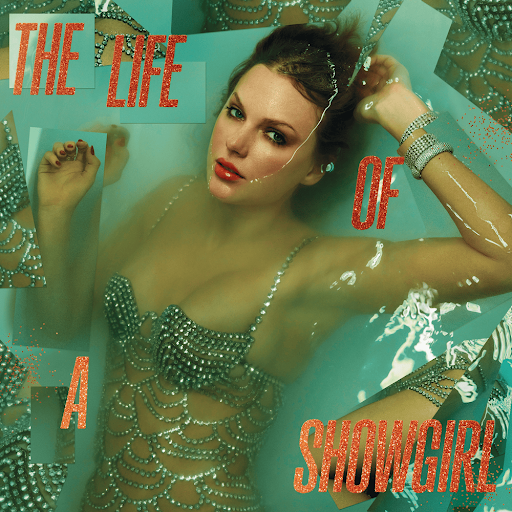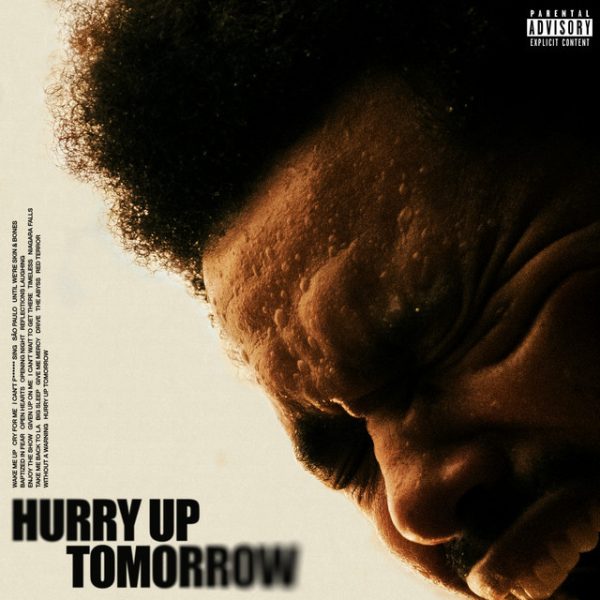Best Beats: A Comenian Playlist
“Buffalo Soldier,” by Bob Marley & the Wailers (1983)
Stressed with the semester starting? Here’s a song for you! This Bob Marley tune is classic reggae, a mellow and rhythmic genre filled with bass guitar, drums, percussion, and a variety of harmonizing voices. The song’s slow pace and constant beat is relaxing to listen to and undeniably puts the listener in a good mood.
If just the good music and soothing vibes weren’t enough to get you to appreciate the song, the lyrics and message definitely would. The song tells of the experience of the African American cavalry regiments, called “Buffalo Soldiers,” that fought in the American west just after the end of the Civil War. Bob Marley explicitly tells the tale of the soldiers who fought for a cause they did not necessarily believe in simply because it was their duty. However, Marley creates a stronger case for the African American experience as a whole in the post-Civil War era. Marley tells about the Buffalo Soldiers “fighting for survival,” both figuratively and literally. He explores the historical struggle of African Americans to establish their identity in America.
However, this historical tale is relevant to his own time and our own as well, making “Buffalo Soldier” that much more enjoyable. Marley wrote this song as an anthem for African American resistance in a time of great social upheaval and political change, which continues to resonate to this day. By listening to this parallel tale of a “fight for survival” in the seemingly distant past, contemporary listeners can apply the message and meaning to their world today, making this song timeless. But if this is too much thinking for you this early in the semester, enjoy it for the relaxing music.
-Elizabeth Horn
“Searching For A Feeling,” by Thirdstory (2016)
The band Thirdstory released their EP album Searching on May 6, 2016 with only three songs: “Searching For A Feeling,” “G Train,” and “Grows Old.” The first of the three, “Searching For A Feeling,” is particularly special for me. Not only is the melody permanently seared into my mind, but the lyrics are forever etched onto my heart. The song is both ethereal and persuasive; it tells the story of a man searching (obviously) to perhaps find himself or another. The lyrics and music blend to form an encouraging and explorative piece that pushes the listener to confront their own realities and dreams.
– Jaime Ernst
“Sister Christian,” Night Ranger (1983)
“Sister Christian,” was recorded by Night Ranger and released on the 1983 album, Midnight Madness. The song begins with a slow piano, which highlights lead singer Kelly Keagy’s strong vocals, and then eventually transitions into one of the most well-known rock ballads of all time.
The song follows Keagy’s younger sister, Christy, growing up in a small town in Oregon. Keagy shares his feelings about his younger sister, who is 10 years old and growing up too fast. The most prominent line in the song — “you’re motoring/what’s your price for flight” — refers to the good old days in Oregon when the only thing to do was drive up and down the streets throughout the night. The song portrays the feeling of youth that many younger audiences can relate to.
The best part about the song is the beginning, when the song starts off slow and then rapidly picks up. As the chorus approaches, the music keeps getting stronger. When the chorus hits, the song explodes with instruments and unusual sounds that had never been heard in songs written by Night Ranger. “Sister Christian,” creates a completely new sound. Typical Night Ranger songs featured lead singer, Jack Blades, but Kelly Keagy generated a whole new sound for the band with the release of “Sister Christian.”
The song sends a clear message to the audience about enjoying life and not growing up too fast. One of the more well-known lines of the song, “Babe you know you’re growing up so fast and mama’s worrying that you won’t last,” depicts the importance of embracing your childhood. The song is a reminder to slow down and enjoy your youth before it passes you by.
– Elizabeth Schwartz
Album Review: The Lemon of Pink by The Books (2003)
Music seems like a language without barriers until a great creator breaks one in a revolutionary way. The Lemon of Pink by The Books may not have been a revolutionary album in its time, though its use of choppy, rhythm-based editing defies the expectation of the listener while still delivering a pleasant and usually calming experience.
Perhaps the most prominent lyrical motif is the frequent deviations from “proper English,” as heavily accented voices deliver broken variations of common greetings, prayers, and phrases that remind the listener of unified intention and basic understanding.
The two opening tracks, “The Lemon of Pink, Parts I & II,” use an array of string and wind instruments to accompany nonsensical lyrics, and underscore mysterious, controversial language in a way that inspires joy and inner beauty.
As the album progresses through tracks like “Explanation Mark” and the opening to “The Future, Wouldn’t That be Nice,” the listener is introduced to The Books’ method of abstracting vocal and nonverbal communication. A lukewarm clap becomes a priceless instrument.
The smallest pieces of small talk are put under the microscope in the final song, simply titled “P.S.,” which disregards the human desire to make meaningful connections with others. It is up to you as a listener to decide whether the album is remarkable at all, but I can almost guarantee that you’ll enjoy being a part of the discussion.
– Matthew Hogan












Lillian Philbin • Sep 9, 2018 at 10:25 am
buffalo soldiers is in my partner Tom’s top ten. Great song.